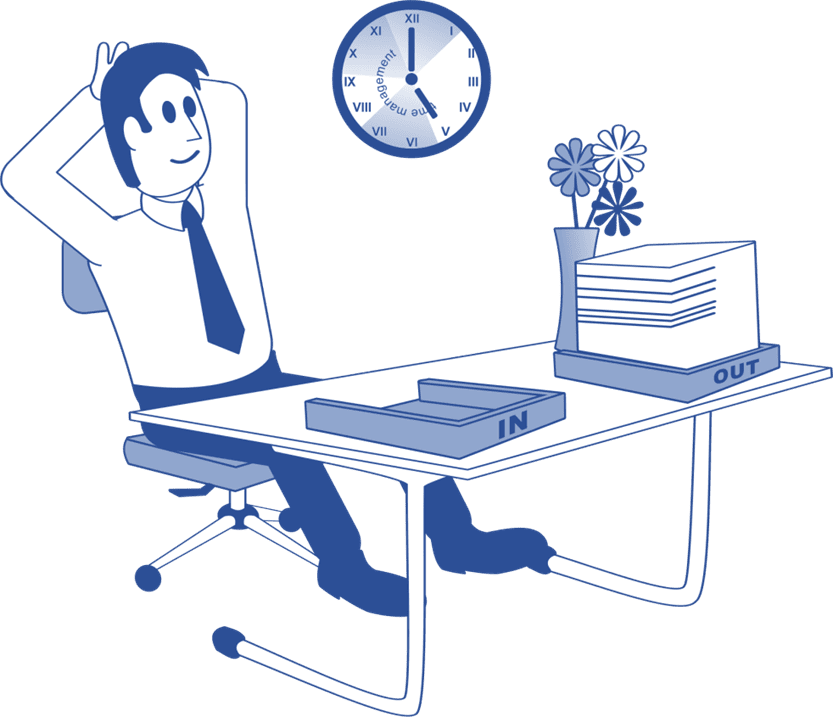Health is not just your physical state. It also encompasses how you feel socially, spiritually, financially, mentally, and emotionally. Wellbeing relates to how you experience your health and perceive your life. Many things can affect this, not just how physically and mentally well you feel.
For example, you may be at the peak of physical health but also going through a relationship breakdown. Or you might feel unfulfilled at work, negatively affecting your wellbeing.
Wellness differs from health and wellbeing in that it is ongoing. It's an active process in which you choose to do good things for your health and wellbeing. Wellness is the practice of healthy habits and making positive changes.
Wellness is lifestyle choices that can change how a person feels, while health and wellbeing describe how a person feels.
How does wellness relate to health?
Here is an example of how a lifestyle change might contribute to health, wellbeing, and wellness:
- Individuals may walk to work instead of driving, improving their wellness.
- By doing so, they get more exercise and improve their physical health.
- Walking will also help them to avoid traffic jams, reducing stress and improving their mental wellbeing. The walk may also give them time to think and deal with any stressors at home or work.
Only some people have the circumstances to walk to work. Take our Health and Wellbeing Awareness Course to discover other ways to improve health, wellbeing and wellness.
In the workplace, good health and wellbeing can help you to feel confident and productive. It can also help you to feel strong and energetic and protect you from physical harm and illness. Focusing on wellness may also help you improve your relationships and get along better with your friends and family.
What are three different types of health and wellbeing?
There are three central areas to care for to improve and maintain good health and wellbeing:
- Physical wellbeing relates to how fit and active you are and how susceptible you are to illness and injury.
- Mental wellbeing relates to how you think and feel and how this impacts your everyday life.
- Social wellbeing relates to interacting with others and the wider world.
What is physical wellbeing?
Physical wellbeing is the ability to live a healthy life that lets us get the most out of our daily tasks without feeling too tired or stressed out. It involves many different things, including sleep, diet, and exercise. It also encompasses dealing with physical injuries and ongoing medical conditions.
People's jobs often put them at risk of getting hurt or worsening current health problems, which can harm their physical health. The Health and Safety Executive reports that about 700,000 UK workers incurred an injury at work in 2019/20.
What are the most common physical wellbeing issues?
There is a wide range of physical wellbeing issues that a person can experience.
Musculoskeletal disorders
Musculoskeletal conditions are the most common type of physical illness. They affect the joints, bones, and muscles. Most of the time, they are usually caused by moving, pulling, and pushing things, doing the same thing repeatedly (like typing), working in awkward positions, or staying in one place for too long.
Slips, trips, and falls
Slips, trips, and falls are the most common cause of injury sustained at work and are usually the result of poor housekeeping or a lack of awareness.
Occupational lung disease
Many lung conditions result from or worsen from exposure to certain materials/chemicals at work. Some long-term conditions develop soon after exposure, such as work-related asthma and legionella. Others develop many years later, such as lung cancer and asbestosis.
Vibration damage
Workers may experience hand-arm vibration from hand-held power tools as part of their job. Or they may deal with whole-body vibration from moving mobile machines or other work vehicles over rough and uneven surfaces. Vibrations can cause long-term damage to specific body parts. It can lead to problems like hand-arm vibration syndrome, carpal tunnel syndrome, and serious back pain.
Hearing issues
Exposure to loud noise at work can lead to hearing issues such as partial or total hearing loss and tinnitus. The noise level and exposure affect the likelihood of hearing problems in workers.
Skin conditions
Certain hazardous substances can damage the skin upon contact. Working with these chemicals can lead to conditions such as eczema and dermatitis.
Infections
Contagious illnesses can spread quickly in the workplace. High-risk industries include retail and hospitality. Or any role when employees have significant contact with the public.
Inactivity
Many jobs involve spending significant periods in a seated position, be it at a desk or while operating a vehicle. Inactivity can cause several issues, including tiredness, restlessness, musculoskeletal disorders, and heart disease.
Fatigue
Fatigue is an overall feeling of tiredness or low energy. It may be because of working long hours, completing monotonous tasks, and managing heavy workloads. Fatigue causes lapses in concentration, which reduces productivity and can lead to accidents.
What is mental wellbeing?
Your mental health affects how you think, feel, and behave. Good mental health allows you to think positively and manage how you feel. Poor mental health can leave you feeling down and unable to control or cope with your thoughts and feelings.
Everyone has days good days and bad days. Those with mental health issues can feel down often and find it harder to cope with the necessities of day-to-day living.
What are the most common mental health issues?
There are several mental health issues that people experience. To learn about specific mental health issues like bipolar disorder or dissociation, visit the Mind website.
Stress
Stress is something that everyone feels when placed under pressure. It can motivate and help people focus and be more productive when managed correctly. However, experiencing too much stress can make a person feel irritable and worried. If this continues over a long period, it can lead to 'burnout', a feeling of physical, mental, and emotional exhaustion.
Anxiety
Anxiety is a sense of unease or worry everyone feels to varying degrees, especially when faced with stress-inducing events or changes. It is a natural human response that usually passes once the stressful situation is over. Anxiety disorders, however, can make some people feel regularly overwhelmed. Symptoms interfere with everyday lives and occur even when no clear triggers exist.
Depression
Depression is when a person experiences a low mood that lasts for a long time, happens for no apparent reason, and affects everyday life. It can affect people differently, causing them to become quiet and withdrawn. In severe cases, a person with depression can experience suicidal thoughts.
What are the signs of poor mental health?
There are many signs of mental health problems, varying from person to person and situation to situation.
We have listed some common symptoms, but be aware that this list is by no means exhaustive:
- Feeling restless or irritable.
- Feeling overwhelmed and unable to concentrate.
- Having trouble sleeping.
- Feeling nauseous, dizzy, or short of breath.
- Experiencing panic attacks.
- Lacking self-confidence and constantly seeking reassurance.
- Feeling guilty and worthless.
- Finding no pleasure in things that are usually enjoyable.
- Feeling suicidal.
What are the causes of poor mental health?
Poor mental health and mental health problems have a wide range of causes. And many people experience a combination of reasons. Some factors that could lead to poor mental health include:
- Childhood abuse, trauma, or neglect.
- Social isolation or loneliness.
- Experiencing discrimination and feeling excluded/segregated.
- The death of a close relative or friend.
- Having a long-term physical health condition.
- Experiencing unemployment or losing your job.
- Being homeless or living in poor housing.
- Drug and alcohol misuse.
- Experiencing trauma as an adult.
- Breakdown of a marriage or long-term relationship.
What is social wellbeing?
Your social wellbeing relates to how you interact with others. It includes relationships with friends, family members, and colleagues. It also links with brief or casual interactions between people. How we socialise in the wider world can affect how secure and content we feel.
Our health, wellbeing and wellness encompass physical, mental, and social aspects. Recognising the relationship between these areas and improving our overall wellbeing is crucial. Small actions towards self-care and supporting each other can promote health and wellbeing.
Commodious offers two health and wellbeing training courses designed for workers and managers. Each course explores how we can support our health and wellbeing and those around us.
To find out more about these courses, use the links below:




